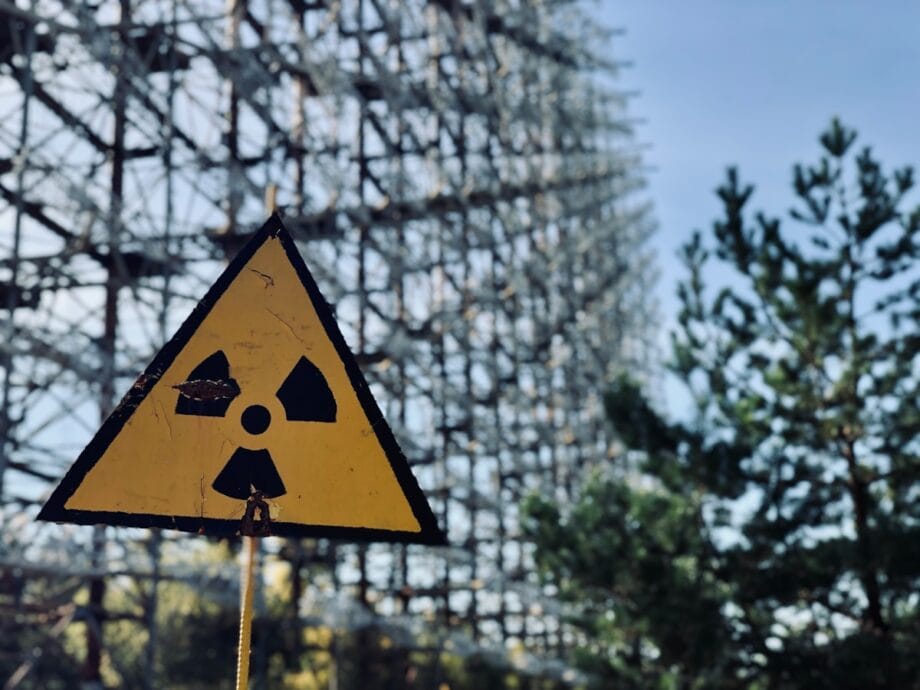RIYADH/WASHINGTON: A New Chapter in U.S.-Saudi Relations
The upcoming visit of Saudi Arabia’s de facto leader to the White House is poised to enhance long-standing collaboration in oil and security, while expanding connections in commerce, technology, and potentially nuclear energy.
Crown Prince Mohammed bin Salman (MBS) is set to engage in discussions with U.S. President Donald Trump this Tuesday.
This marks MBS’s inaugural journey to the United States following the 2018 assassination of Jamal Khashoggi, a prominent critic of the Saudi regime, by agents of the kingdom in Istanbul, an event that incited considerable global outrage.
U.S. intelligence officials have concluded that the crown prince sanctioned the operation against Khashoggi, a charge he denies, though he does accept responsibility in his role as the kingdom’s leader.
Now, more than seven years since the incident, both the United States, the world’s largest economy, and Saudi Arabia, the leading oil producer, are eager to forge ahead.
During his discussions, Trump is expected to leverage a $600 billion investment pledge made by MBS during a previous visit to Saudi Arabia in May, a commitment largely untethered from human rights dialogue, which Trump previously shunned.
Amidst prevailing regional unrest, the Saudi leader seeks security assurances while also craving access to cutting-edge artificial intelligence technologies and the advancement of a civilian nuclear program.
Acknowledging the significance of moving past Khashoggi’s tragic event, Aziz Alghashian, an academic specializing in international relations at Naif Arab University for Security Sciences, commented, “A page has been turned.”
Focus on Defence Agreements
The longstanding arrangement between the United States and Saudi Arabia has revolved around the kingdom’s provision of oil at favorable prices in exchange for U.S. security guarantees. However, this balance was unsettled when the U.S. refrained from intervening during an Iranian assault on Saudi oil facilities in 2019.
Recent tensions have re-emerged, particularly following an Israeli strike in September aimed at members of the Palestinian group Hamas in Qatar.
In response, Trump enacted a defense agreement with Qatar through an executive order. Analysts and regional officials suggest that similar arrangements are likely for Saudi Arabia.
During recent negotiations, Riyadh has pressed for a defense pact to be ratified by the U.S. Congress, but conditions have been set that require Saudi normalization of relations with Israel.
Riyadh proposes linking its relationship with Israel to a commitment from the current Israeli government — the most right-leaning in history — towards Palestinian statehood. Israeli Prime Minister Benjamin Netanyahu reiterated his opposition to Palestinian independence, despite a recent ceasefire agreement brokered by Trump after two years of conflict.
While an executive order regarding defense akin to the Qatar pact may not fulfill Saudi desires, Alghashian remarked that it would represent “a step in the right direction,” rather than a concluding measure.
A Western diplomat in the Gulf succinctly described the interaction: “Trump seeks normalization while Saudi Arabia desires a comprehensive defense agreement, yet the prevailing circumstances restrict both sides. In the end, they might achieve less than their aspirations. This encapsulates the essence of diplomacy.”
According to Dennis Ross, a former Middle East negotiator now affiliated with the Washington Institute for Near East Policy, an executive order is anticipated, one that would encourage immediate U.S.-Saudi consultations regarding threats, but without obligating Washington to defend Riyadh actively.
“Such an initiative could encompass a range of options from replacing weaponry to deploying defensive missile systems like THAAD or Patriot, and even sending naval forces, including marine units — potentially taking part offensively as well as defensively,” he elaborated.
Nuclear Energy and Technological Advancement
Saudi Arabia is also advocating for agreements in nuclear energy and artificial intelligence in pursuit of its ambitious Vision 2030 initiative, aimed at diversifying its economy and reinforcing its competitive stance against regional adversaries.
Acquiring advanced computer chips is vital for the kingdom’s aspiration to emerge as a pivotal player in global AI, especially in light of the United Arab Emirates’ recent multibillion-dollar data center agreement with the U.S., which secured access to high-tier chips.
MBS is intent on negotiating a deal with the United States to cultivate a civilian nuclear program as part of his diversification strategy away from oil dependency.

Such a deal would grant Saudi Arabia access to U.S. nuclear technology, security assurances, and position it competitively with both the UAE and Iran, its traditional rival.
Nevertheless, progress has been stymied as the Saudis have thus far resisted U.S. conditions banning uranium enrichment or spent fuel reprocessing — both potential avenues for nuclear weapon development.
Ross predicted that an announcement concerning nuclear energy cooperation or at least an indication of progress in that direction may emerge from the discussions.
Source link: Marketscreener.com.






